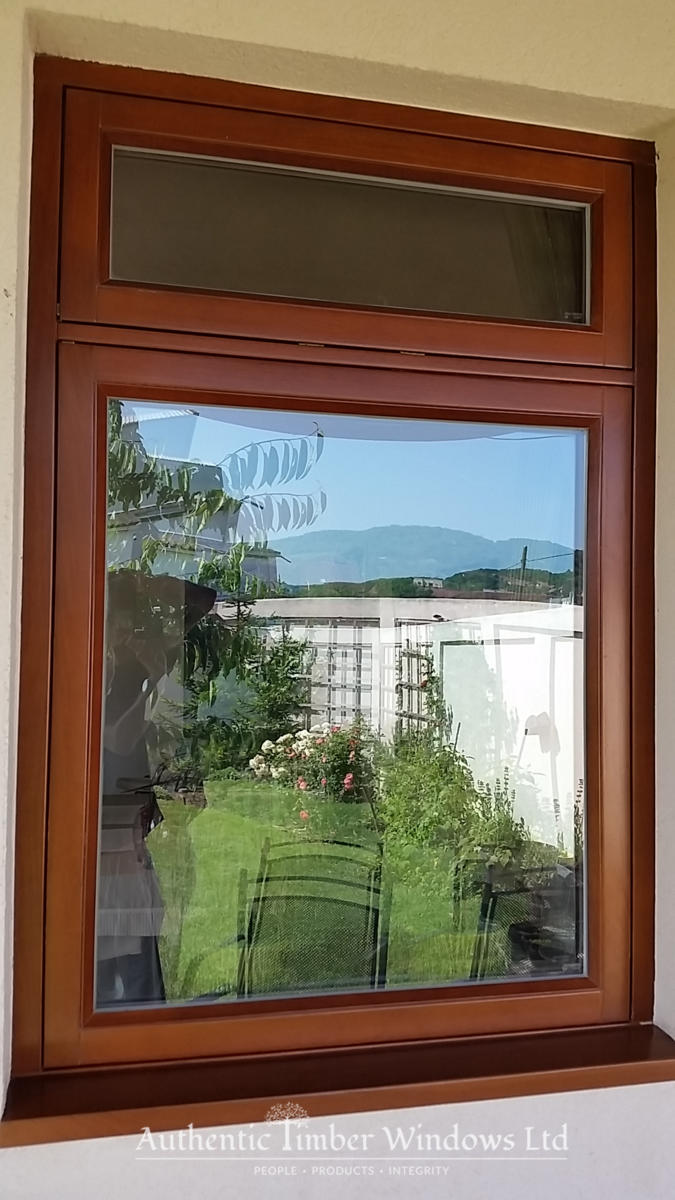Traditional or modern? Classic or contemporary? Varying tastes and different architectures throughout the years, as well as innovations and enhanced lifestyles, have given rise to the wide choice in patio door variations currently available in Britain. This article aims to describe the types of patio doors – their styles and functionality, similarities and differences. Together with some of their main advantages and popular options – in order to provide readers with an informative guide.
Styles: French doors, sliding panels, retractable bi-folding doors, slide-and-pivot doors.
The latest patio doors innovation is slide-and-pivot doors. Developed and launched since 2007/8, slide-and-pivot doors incorporate the major benefits of bifolding doors and sliding patio doors. Comprising a number of individual glazed panels that fit snugly together when closed. There is a ‘master’ door that can opened with a standard (pivot) action, enabling the other doors to moved, individually. Along the top and bottom guides; as each door is move to the end of the guides. It can also pivot open to increase the access width between the divided areas ( to a suggested maximum of approximately 8 metres).
These are also call slide and turn or slide and swing. Because slide-and-turn doors have no hinges, there is no requirement for a sturdy side frame. Its only purpose is to cover the gasket that seals the double glazed unit. This means that the views afforded through the expanse of patio doors have minimal interruptions. At the time of writing, there are two versions of frame-less glass doors available in the UK, both using the slide-and-pivot technique: one manufacturer supplies their frameless glass doors with kite-marked double glazed units which have a visible seal, the other uses an almost transparent method of sealing their double glazing. Contemporary by design, the absence of visible characteristics make frameless glass doors a viable option for period properties.

